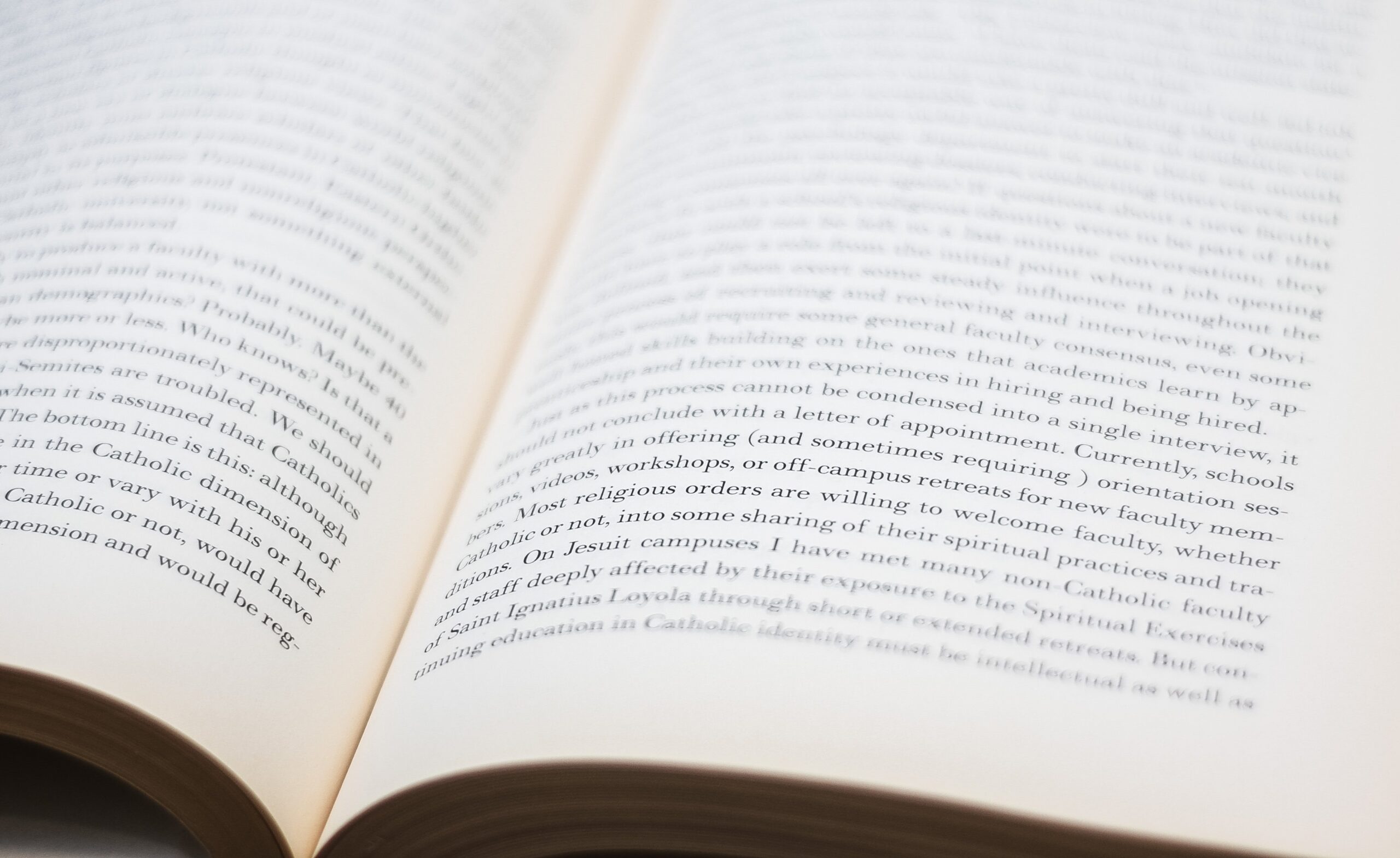Introduction
What if the whispers of the past could speak directly to your heart? In The Storyteller of Casablanca, Fiona Valpy masterfully bridges the distance between decades, delivering a deeply emotional tale that explores the strength of women across generations. Set against the vibrant, conflicted backdrop of Casablanca during World War II and present-day Morocco, this novel is a lyrical testament to resilience, memory, and the healing power of stories.
👉 Start Your Journey into The Storyteller of Casablanca Today
Plot Overview
The story unfolds in two timelines: In 1941, Josie, a young Jewish girl fleeing Nazi-occupied Europe, arrives in Casablanca with her family. Their escape is filled with heartbreak, uncertainty, and moments of fragile hope. Josie finds solace in writing a journal, a hidden outlet for her dreams and fears.
In modern-day Casablanca, Zoe, recently moved from England with her husband, is struggling to adjust to her new life. Isolated and emotionally fragile, Zoe discovers Josie’s old journal in the floorboards of her home, and through Josie’s voice, begins to heal her own hidden wounds.
Valpy deftly connects the two narratives, revealing how shared emotional truths transcend time, and how storytelling can become a powerful tool for survival and connection.
Character Exploration
Josie is a stunningly drawn character—a young girl with wisdom beyond her years and a heart wounded by war, yet still beating with hope. Her transformation from a frightened refugee to a voice of resilience is both inspiring and heartrending.
Zoe, in contrast, is a modern woman grappling with a very different kind of trauma. Her marriage is strained, her identity lost in the upheaval of relocation, and her mind clouded by grief. Yet as she reads Josie’s words, she discovers clarity and courage. Their lives, though separated by decades, intertwine in deeply emotional and redemptive ways.
Valpy’s ability to craft fully realized, emotionally layered women is a hallmark of her writing, and in Josie and Zoe, she gives readers two unforgettable heroines whose arcs speak to our deepest vulnerabilities and strengths.
Thematic Elements
This novel is rich with interwoven themes that lend it both historical depth and emotional resonance:
- Refuge and Displacement: Josie’s story echoes the trauma of countless displaced individuals throughout history, while Zoe’s personal exile explores how grief can create its own internal borders.
- The Power of Words: The journal becomes a character in itself—a bridge between generations, a lifeline, and ultimately, a healing balm.
- Resilience and Rebirth: Both Josie and Zoe endure immense loss, yet through their stories, we witness the beauty of perseverance and personal rebirth.
- Memory and Legacy: The idea that stories can preserve the past and offer guidance for the future runs deeply throughout the narrative, inviting readers to cherish their own histories.
Writing Style and Pacing
Fiona Valpy writes with lyrical elegance. Her prose is lush yet economical, painting Casablanca with vivid sensory detail—the heat, the scents, the colors all come alive on the page. The dual timelines are skillfully balanced, each chapter enhancing the emotional momentum of the other.
The pacing is deliberate, allowing readers to savor the emotional texture of each character’s journey while building a gentle suspense that encourages page-turning. Valpy’s subtle shifts between past and present are seamless, creating a narrative rhythm that feels both immersive and effortless.
Critical Reception
The Storyteller of Casablanca has been widely praised for its evocative storytelling and deeply human characters. Readers consistently highlight the emotional impact of Josie and Zoe’s parallel stories, with many citing the novel as one that lingers long after the final page.
Critics have applauded Valpy’s historical research and sensitivity in portraying both Jewish refugee experiences and contemporary emotional trauma. The novel is often described as “hauntingly beautiful,” “profoundly moving,” and “an ode to the enduring spirit of women.”
Conclusion
Fiona Valpy’s The Storyteller of Casablanca is a novel that transcends time and place, offering readers an unforgettable exploration of grief, hope, and healing. Through the dual journeys of Josie and Zoe, Valpy reminds us that even in our darkest moments, we are never truly alone—our stories connect us, sustain us, and ultimately set us free.
This is a must-read for fans of historical fiction, women’s fiction, and anyone who has ever found solace in the written word.

